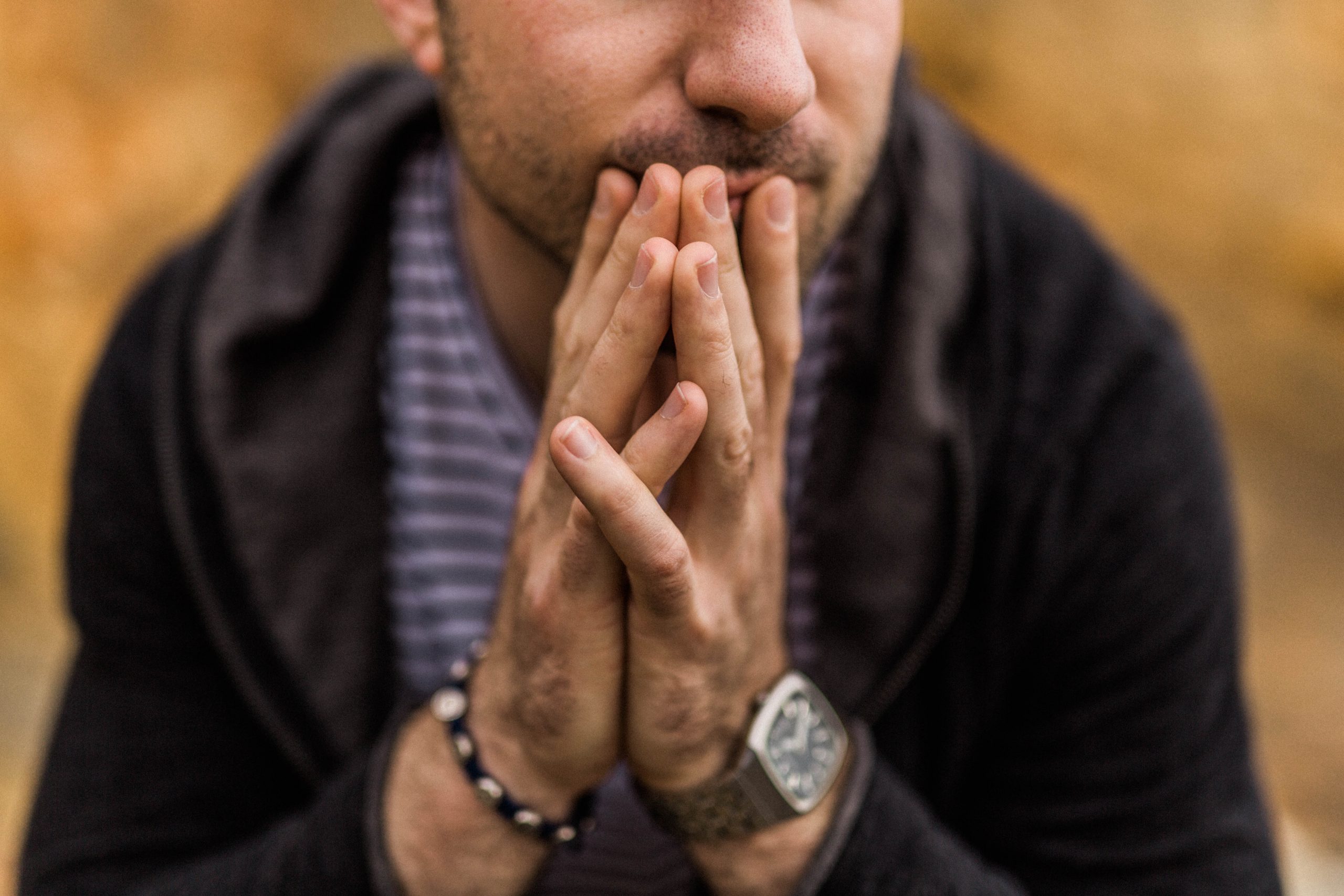People who experience drug dependence and/or have lived experience of drug dependence experience stigma, discrimination and ongoing impacts of criminalisation. This leads to a wide range of social and health inequities and requires an integrated approach in providing appropriate harm reduction services. Peer based health promotion and treatment is a community-centred public health approach that empowers individuals to make healthier choices by promoting leadership of those who have lived experience in the community.
CHN commissioned CAHMA to deliver the Peer Treatment Support Service (PTSS). PTSS workers are peers who are skilled in complex case management, and who work to support individuals’ long-term health and wellbeing by meeting them where they are and walking with them through their journey. PTSS workers help individuals with specific issues around drug and alcohol as well as general health, holistic wellbeing and social support. CAHMA works to meet and empower individuals in achieving goals and addressing needs through a person-centred approach.
PTSS continues to provide a high level of support to people who use drugs and also other drug treatment services in the ACT. This is done by providing complex case management and patient advocacy across a diverse range of ACT health and social services associated with alcohol, tobacco and other drugs (ATOD) treatment and holistic care.
Over the last year, CAHMA provided ATOD treatment services to 243 clients, with 511 occasions of service, demonstrating significant community demand of PTSS. Community need has focused on access to primary health care services, access to detoxification and rehabilitation treatment, pre-hospital planning and post hospital stabilisation, access to mental health services, case management which addresses the social determinants of health (e.g. homelessness, Child and Youth Protection Service engagement, food and clothing relief, referral and support to access legal services).
Client story
Todd* (not his real name) presented to CAHMA through the COVID-19 pandemic with ongoing anxiety, PTSD, depression, low self-esteem and struggles to maintain sobriety for alcohol and heroin use. When Todd first engaged with CAHMA, he was living with his partner and reported ongoing domestic and family violence and was struggling with his living situation. He also had lack of support due to a tendency to isolate from social and emotional support networks.
CAHMA’s PTSS empowered Todd to utilise a variety of CAHMA harm reduction services and projects, including naloxone training; brief intervention; ongoing grief counselling and peer treatment support. During this time, he consistently maintained weekly case management attendance and discussed strategies for harm reduction and addressing ongoing triggers. Various referrals were also made for Todd to engage with a variety of community and counselling services in the ACT.
Throughout his engagement with CAHMA, Todd demonstrated deep insight into his past and present struggles. He is determined and highly motivated to achieve what he sets out to do, despite any challenges he may face along the way. He has engaged well with other organisations, such as Onelink, Everyman and St Vincent de Paul.
Now, more than a year after he first engaged with CAHMA’s PTSS, Todd is doing very well. He has a new property, lives independently and is very engaged with CAHMA on several projects. Todd has expressed feeling good and more confident in social settings. He feels like he has more control over his life and is looking forward to exploring opportunities for personal and professional development.

